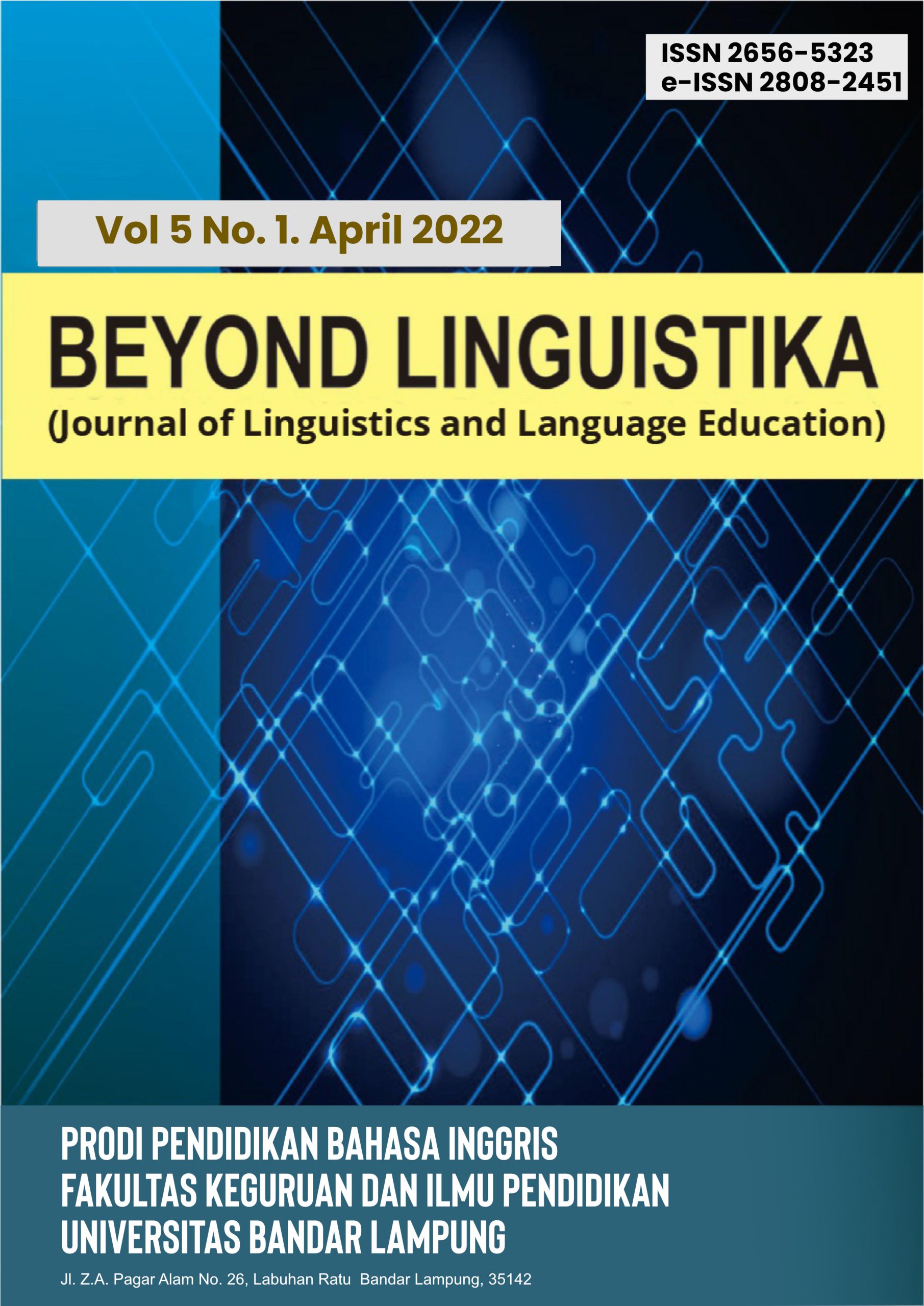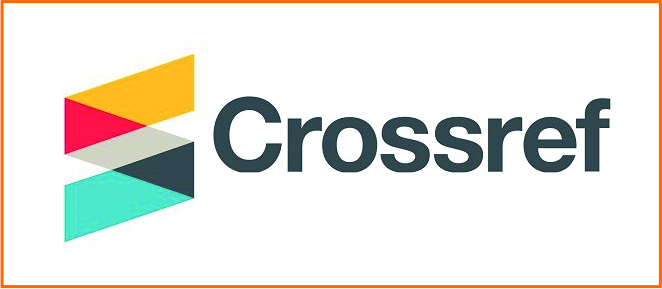Raising Students’ Executive Cognitive Function through Students-Centered Learning Approach in Teaching Creative Writing
Abstract
Aristotle once said that art is the imitation of life. Therefore, art production is similar to mimic society and life itself. Writing, one of art productions, needs to also mirroring human life and society. Revolution Industry 4.0 has demanded human to be more creative and digitally literate. It also demands a shifting paradigm to teach the millennial students in the 4.0 revolution industry. The millennial students, according to Millennials Go To College (2003) by Neil Howe and William Strauss, shows characteristics as follows: special, sheltered, confident, team-oriented, achieving, pressured, and conventional. Those characteristics need to be supported by good skills of Executive Cognitive Function in their learning to survive the 4.0 revolution industry. Thus, this paper is written to see the contribution of Student-Centered Learning in facilitating the millennial students’ through collaborative and co-operative learning in raising the Executive Cognitive Function skills in creative writing course.
Key words: Executive Cognitive Function; Student-Centered Learning; Collaborative Learning; Co-operative Learning
Keywords
Full Text:
PDFReferences
Andrew Bennet and Nicholas Royle. (2016). Literature, Criticism and Theory. London and New York: Routledge.
James Phelan and Peter J. Rabinowitz. (2009). A Companion to Narrative Theory. Victoria: Blackwell Publishing.
Manuel Castell, Mireia Fernandez-Ardevol, Jack Linchuan Qiu, Araba Sey. (2009). Mobile Communication and Society. Cambridge, Massachussets: The MIT Press.
Winston, B. (1998). Media Technology and Society. London: Routledge.
https://www.merriam-webster.com/dictionary/stop-motion
Anderson, B. (1991). Imagined Community. London: Verso.
James Phelan and Peter J. Rabinowitz. (2009). A Companion to Narrative Theory. Victoria: Blackwell Publishing.
Kellner, D. (1995). Media Culture. London: Routledge.
Krishna Sen and David T. Hill, et al. (2010). Politics and the Media in Twenty-First Century Indonesia: Decade of Democracy. London and New York: Routledge.
Krishna Sen and David T.Hill. (2007). Media, Culture and Politics in Indonesia. Jakarta: Oxford University Press.
Potter, W. J. (n.d.). The State of Media Literacy.
Ronald Carter and Paul Simpson. (2005). Language, Discourse, and Literature-An Introductory Reader in Stylistics. London: Routledge.
Winston, B. (1998). Media Technology and Society. London: Routledge.
Resource: Millennials Go To College (2003) by Neil Howe and William Strauss. Website: www.lifecourse.co
https://www.evl.uic.edu/datsoupi/251/docs/12AnimationPrinciples.pdf
http://archive.wceruw.org/cl1/CL/moreinfo/MI2A.htm
Cooper, J., and Robinson, P. (1998). "Small group instruction in science, mathematics, engineering, and technology." Journal of College Science Teaching 27:383.
Cooper, J., Prescott, S., Cook, L., Smith, L., Mueck, R., and Cuseo, J. (1990). Cooperative learning and college instruction: Effective use of student learning teams. California State University Foundation, Long Beach, CA.
Gerlach, J. M. (1994). "Is this collaboration?" In Bosworth, K. and Hamilton, S. J. (Eds.), Collaborative Learning: Underlying Processes and Effective Techniques, New Directions for Teaching and LearningNo. 59.
MacGregor, J. (1990). "Collaborative learning: Shared inquiry as a process of reform" In Svinicki, M. D. (Ed.), The changing face of college teaching, New Directions for Teaching and Learning No. 42.
Smith, B. L., and MacGregor, J. T. (1992). "What is collaborative learning?" In Goodsell, A. S., Maher, M. R., and Tinto, V. (Eds.), Collaborative Learning: A Sourcebook for Higher Education. National Center on Postsecondary Teaching, Learning, & Assessment, Syracuse University
https://www.sciencedirect.com/topics/neuroscience/executive-functions
https://www.ifs.org.uk/elsa/report06/ch8.pdf
https://www.understood.org/en/learning-attention-issues/child-learning-disabilities/executive-functioning-issues/3-areas-of-executive-function
DOI: http://dx.doi.org/10.36448/bl.v1i1.1301
Refbacks
- There are currently no refbacks.















